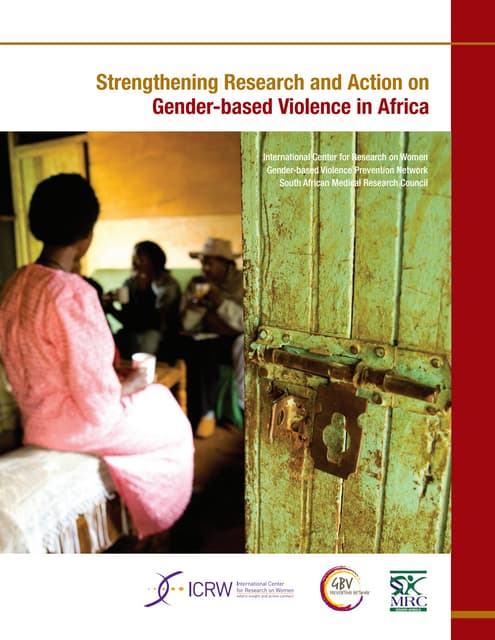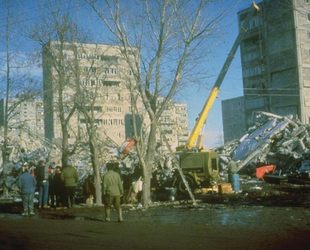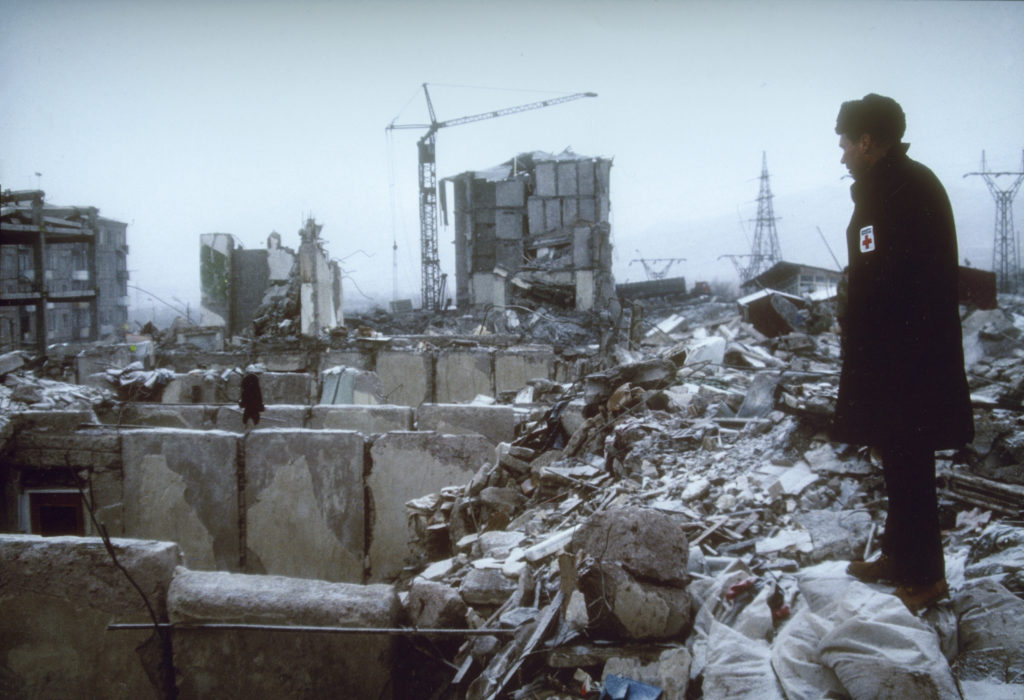
Fire is the most common earthquake-related hazard, due to broken gas lines, damaged electrical lines or appliances, and previously contained fires or sparks being released. Move carefully and watch out for things that have fallen or broken, creating hazards. You will be better able to help others if you take care of yourself first, and then check the people around you.

After-shocks can occur in the first hours, days, weeks, or even months after the quake. Make a plan for workers to follow in the event of an earthquake and be sure that it includes the following precautions:Īftershocks are smaller earthquakes that follow the main shock and can cause further damage to weakened buildings.Responding quickly and automatically may help protect you from injury. When an earthquake or other disaster occurs, many people hesitate, trying to remember what they are supposed to do. Frequent practice will help reinforce safe behavior. Practice these safe earthquake procedures (i.e., drop, cover, and hold-on) at least twice a year.Practice these actions so that they become an automatic response. Protect your eyes by keeping your head down. Drop under a sturdy desk or table and hold on to one leg of the table or desk. Practice drop, cover, and hold-on in each safe place.Injury statistics show that people moving as little as ten feet during an earthquake's shaking are most likely to be injured.

The shorter the distance to move to safety, the less likely that you will be injured. A safe place could be under a sturdy table or desk or against an interior wall away from windows, bookcases or tall furniture that could fall on you. There are many things you can do to prepare your workplace before an earthquake occurs: Many of the hazards to workers both during and following an earthquake are predictable and may be reduced through hazard identification, planning, and mitigation.

The primary dangers to workers result from: being struck by structural components or furnishings, inadequately secured stored materials, burns resulting from building fires resulting from gas leaks or electrical shorts, or exposure to chemicals released from stored or process chemicals.


 0 kommentar(er)
0 kommentar(er)
